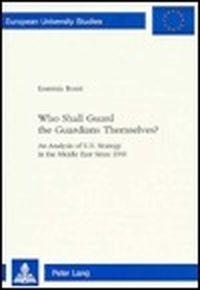After Development: The Transformation of the Korean Presidency and Bureaucracy
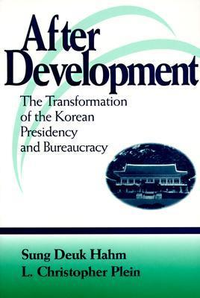
Summary
This book explores the dynamic changes now taking place in the South Korean government as a result of recent social and economic liberalization. Sung Deuk Hahm and L. Christopher Plein trace the emergence in Korea of a post-developmental state, in which both increasingly autonomous capital interests and growing public expectations of a higher quality of life challenge existing authoritarian institutions. Separating out the constituent parts of the Korean state, they then explore the evolving roles of the Korean presidency and bureaucracy in setting national policy.
The authors analyze the importance of social and cultural factors, as well as the motives of individual political actors, in shaping institutional change in Korea. They show how shifting socioeconomic conditions have altered the way political decisions are made. Hahm and Plein illustrate these transitions with concrete examples of policy making in the area of technology development and transfer―an area of critical importance to Korea's rapid modernization.
Similar Books
-
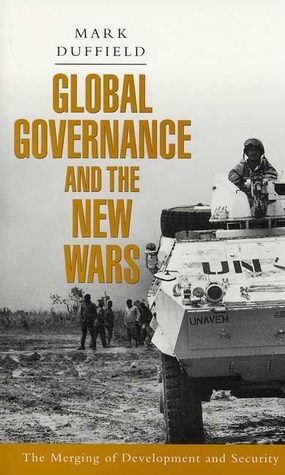
-

-
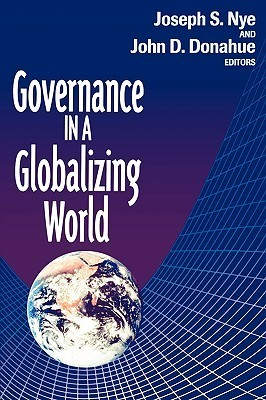 Governance in a Globalizing World
Governance in a Globalizing Worldby Joseph S. Nye Jr.
-
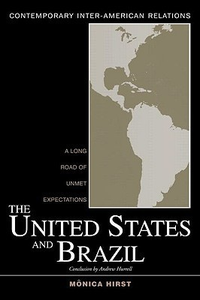 The United States and Brazil: A Long Road of Unmet Expectations
The United States and Brazil: A Long Road of Unmet Expectationsby Monica Hirst
-
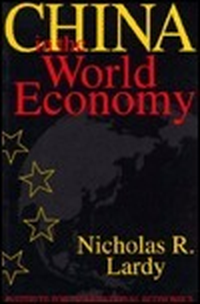 China in the World Economy
China in the World Economyby Nicholas R. Lardy
-
 Reintegrating India with the World Economy
Reintegrating India with the World Economyby T.N. Srinivasan
-
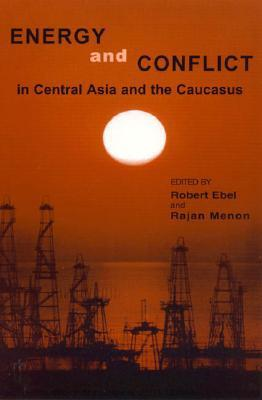 Energy and Conflict in Central Asia and the Caucasus
Energy and Conflict in Central Asia and the Caucasusby Robert Menon
-
 Swords and Sustenance: The Economics of Security in Belarus and Ukraine
Swords and Sustenance: The Economics of Security in Belarus and Ukraineby Robert Legvold
-
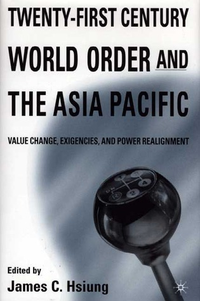
-
 Dangerous Crossroads: Europe, Russia, and the Future of NATO
Dangerous Crossroads: Europe, Russia, and the Future of NATOby Hall Gardner
-
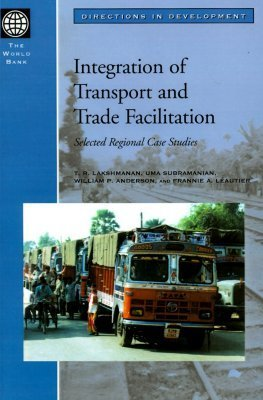
-
 Communism National and International
Communism National and Internationalby H. Gordon Skilling
-
 Building Security In Post-cold War Eurasia: The Osce And U.s. Foreign Policy
Building Security In Post-cold War Eurasia: The Osce And U.s. Foreign Policyby P. Terrence Hopmann
-
 Enlarging the Eu Eastwards
Enlarging the Eu Eastwardsby Heather Grabbe
-
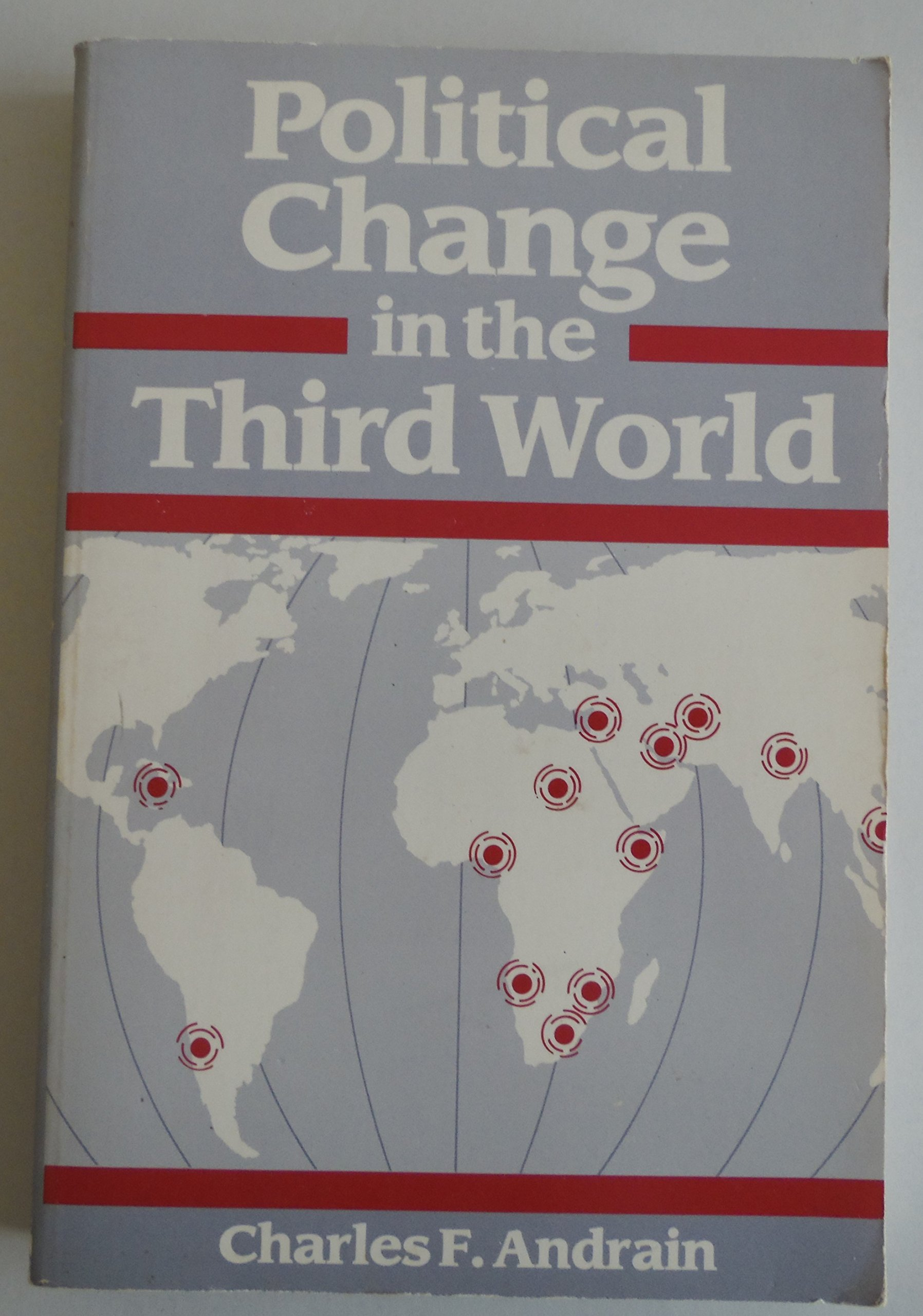 Political Change in the Third World.
Political Change in the Third World.by Charles F. Andrain
-
 Aid and power: The World Bank and policy-based lending
Aid and power: The World Bank and policy-based lendingby Paul Mosley
-

-
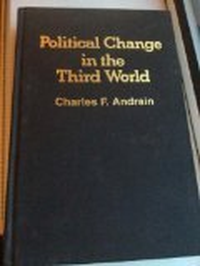 Political Change in the Third World
Political Change in the Third Worldby Charles F. Andrain
-
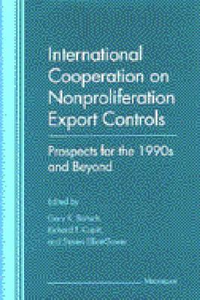
-
 Colonialism and Foreign Ownership of Capital
Colonialism and Foreign Ownership of Capitalby Bharat R. Hazari
-
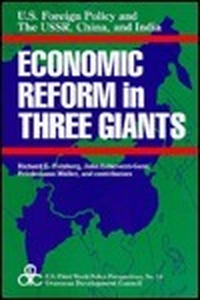
-
